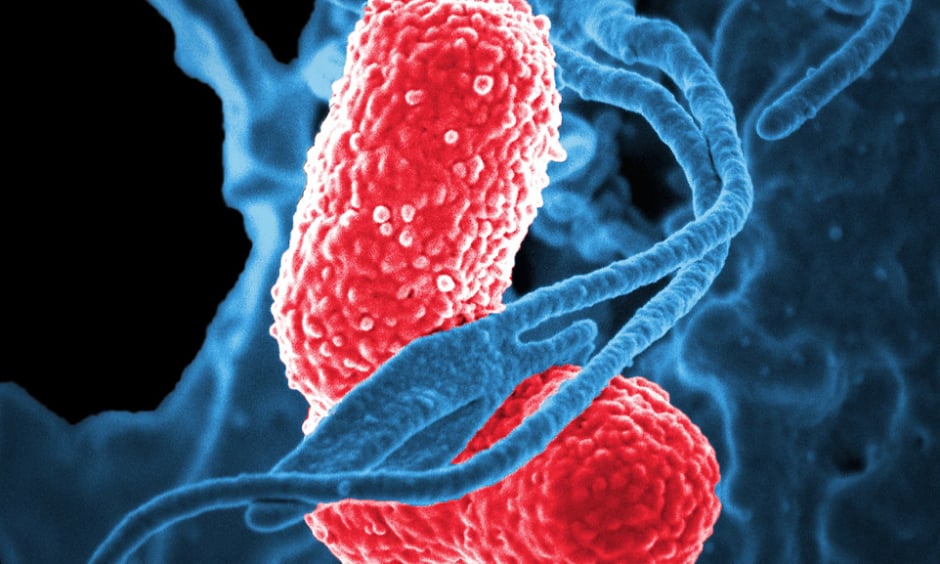ERADICATING gut bacteria has been shown to reduce the effects of heart failure (HF) in a recent study. Using a mouse models, half of the study group were subjected to a 5-week course of antibiotic and antifungal medication to eliminate their natural gut bacteria. The study mice underwent surgery to mimic the effects of HF in humans and their subsequent recovery was tracked. The results showed that the hearts of mice with no gut bacteria were less damaged and pumped blood more efficiently than those from mice that still had an intact gut microbiome, which was as lead scientist Dr Francisco J. Carrillo-Salinas, Tufts University, Medford, Massachusetts, USA, expected.
Inflammation is known to play a role in heart disease and alterations in the microbiome can impact heart health. Dr Carrillo-Salinas’s earlier work showed that T cells enter the heart during HF, leading the researchers to theorise that HF activates T cells to move to the heart tissue where they release cytokines, causing inflammation and the formation of scar tissue, consequently damaging the heart. Since gut bacteria increase the production of T cells, causing a build-up of immune cells in the intestine, it was hypothesised that the eradication of the gut bacteria might therefore reduce the number of T cells available to move to the heart, preventing adverse changes during HF.
Although the results of the current study were in line with the expectation that a reduction in the number of T cells entering the heart can lead to less cardiac damage, the extent to which this effect was found impressed the researchers. “The fact that we see fully preserved heart function is surprising, and I am looking forward to exciting new data on what happens in the heart once different bacteria recolonise the gut,” explained Dr Carrillo-Salinas.
These results are certainly promising and further investigation could lead to better interventions for those at risk of, or living with, HF. Dr Carrillo-Salinas summarised the importance of this study and the next steps for this research: “Our results demonstrate that gut microbiota depletion prevents cardiac dysfunction and [they] set the stage for future studies that will determine which components of the microbiota are responsible for HF progression.”








